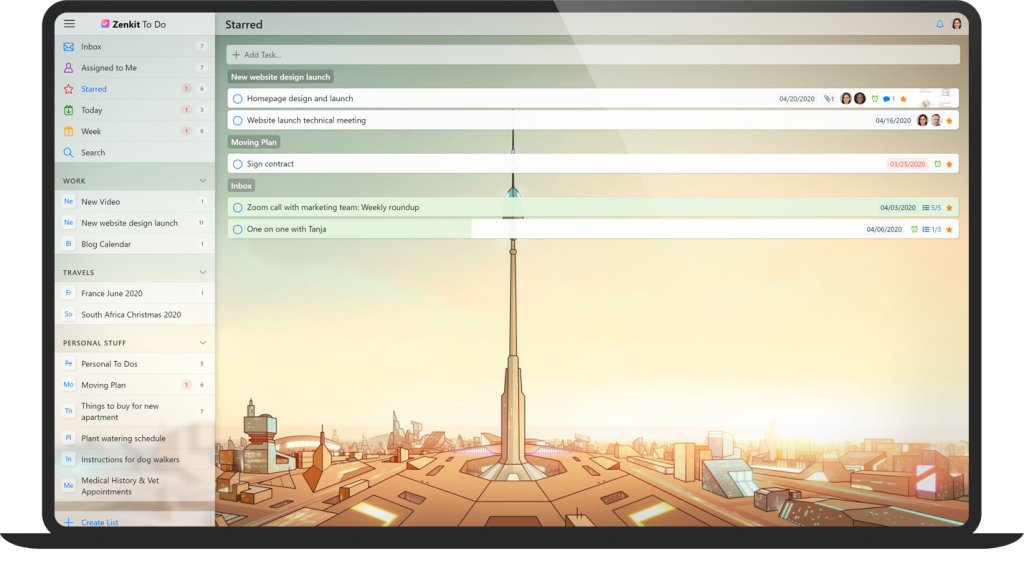
PowerPoint: You cannot create custom animations, use headers and footers, or integrate Excel charts.OneNote: You cannot edit embedded files, use optical character recognition (OCR) to translate handwriting into text, use Outlook task integration, or take advantage of template support.Excel: You cannot create pivot tables, apply conditional formatting, create external data connections or references, or access many of the advanced formulas.And you won’t have access to some of the more advanced reviewing, proofing, or page layout tools. Word: You cannot create captions, citations, bibliographies, tables of content.

That subscription gives you access to both the desktop and mobile apps-you don’t need a separate subscription. To use the mobile apps, you’ll need to have a paid Office 365 subscription. You can also use most of the Office Mobile Apps for Android on a Chromebook, assuming you have a Chromebook that supports Android apps (though a few don’t support PowerPoint). The Office 365 Mobile Apps include versions of Word, Excel, PowerPoint, OneNote, and Outlook for the iOS and Android platforms. RELATED: The Best Android Apps You Should be Using On Your Chromebook Office 365 Mobile Apps (for iPhone, Android, and Chromebooks) We’ve covered the difference between Office 365 and Office 2016 in detail before, so if you want to learn more about which version may be better for you, we suggest giving that guide a read.

The subscription also comes with some extra perks, like a large amount of OneDrive storage, a monthly allotment of Skype minutes, and access to the mobile app versions of the Office apps.

As long as you keep your subscription going, you always have the latest version of Office-including major new updates. You pay a monthly (or yearly) subscription fee.

The desktop version of Office is the full featured version you’re most likely familiar with from years past.


 0 kommentar(er)
0 kommentar(er)
